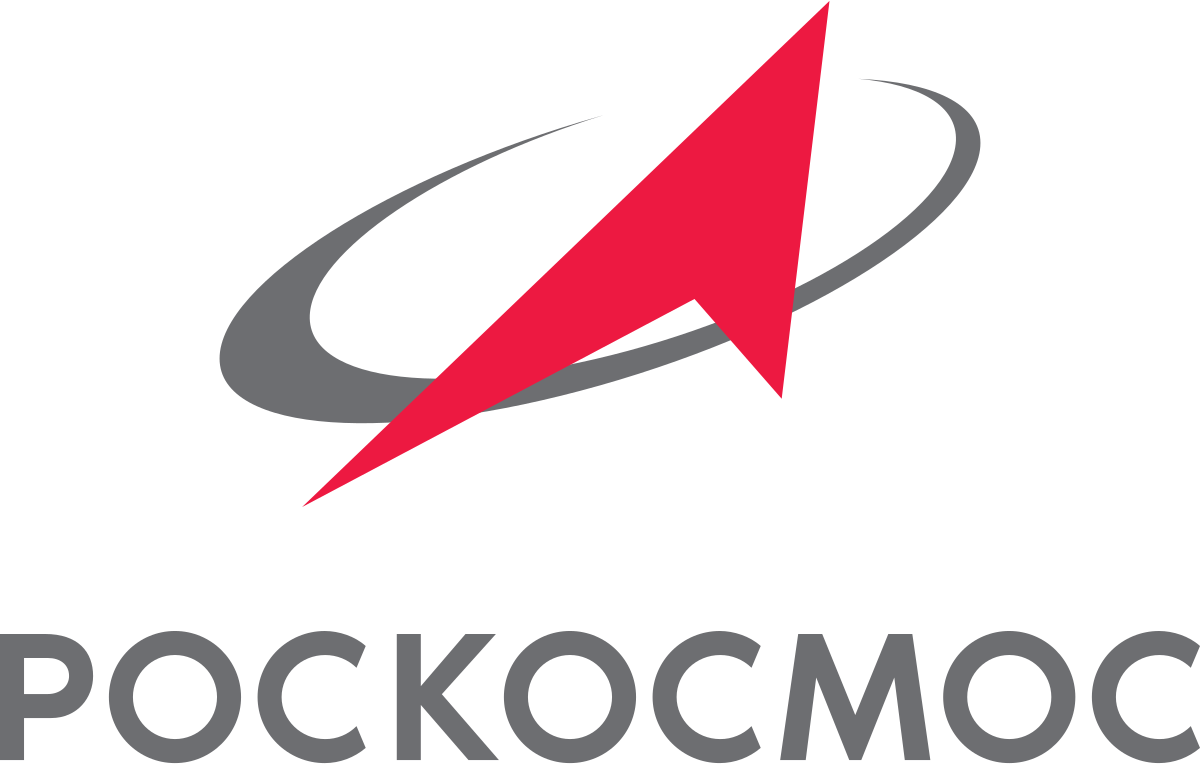Part 1 of 4 Parts
There is growing concern in the space industry that Russia, a one-time leader in space, is becoming a liability for the countries and companies that it has been working with. This is especially true on the International Space Station (ISS). In the last three years, there has been a module with a hole in the hull, a rocket that failed thirty-one miles above the Earth and an orbital lab that misfired its thrusters. This is just a short list of the most serious problems involving the ISS. The common element to these problems is that they all involve Russian spacecraft traveling to, or already attached to the ISS, or station modules that have recently arrived from Earth.
Sixty years ago, the Soviet Union was the indisputable leader in space. The USSR sent out the first space probes, the most ingenious manned spacecraft and the luckiest “cosmonauts”. The Soviet Union fell in 1991 and Russia inherited most of the old Soviet space infrastructure including what became the current Roscomos space agency. Moscow has been struggling to maintain what it inherited ever since. Far from being a leader in space, Russia is becoming a liability according to some experts.
This situation has serious implications not just for an increasingly isolated, militaristic Russia, but also for all the countries and companies that work with Russia in Earth orbit, especially on the ISS. The U.S., for one, might separate itself from Roscosmos as it organizes ambitious new manned missions to the Moon and maybe to Mars.
David Burbach is a space expert at the U.S. Naval War College in Rhode Island. He said that the Russians “have a worse record than any other major space power. China landed a rover on Mars on its first try, while every Russian attempt to reach Mars since 1990 has failed.”
With every year that passes, NASA has more options for productive and safe space partnership as the human exploration of space advances. With every passing year, it has less need and less trust for Roscosmos. Burbach said, “The competition has become much stronger—SpaceX, but also other Western firms and China’s improving rockets—and Russia seems likely to keep losing market share if it can’t improve its product.”
The ISS currently houses a crew of seven which includes three from the U.S., two from Russia and one each from the European and Japanese space agencies. The NASA astronauts command the ISS and conduct science experiments. The visiting European and Japanese astronauts are scientists. Roscosmos sends skilled cosmonauts to maintain the hardware on the station. There are two separate “neighborhoods” on the ISS. One for the Russians and the other for everyone else.
The most recent Russian mishap in space was also the most dramatic. On July 29th, a Russian Proton rocket was launched from Taikonur spaceport in Kazakhstan with a new science lab module attached to its top. The long overdue Nauka lab docked safely with the ISS. Hours passed and everything seemed fine on the space station.
Please read Part 2 next
